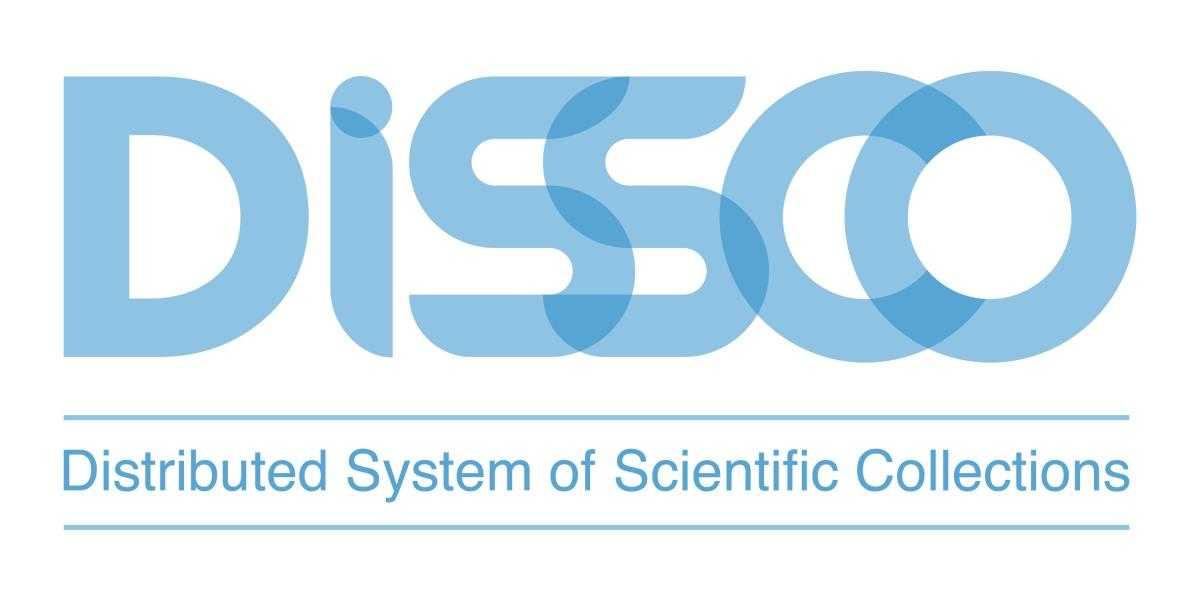Six leading natural history collections in Germany joined forces on April 16, 2024 to digitally connect over 140 million collection objects for the scientific community and make them publicly accessible. This step is part of DiSSCo, the Distributed System of Scientific Collections research infrastructure, which already connects over 170 institutions from all over Europe.
The Botanic Garden Berlin at the Freie Universität Berlin, the Leibniz Institute for the Analysis of Biodiversity Change in Bonn and Hamburg, the Museum für Naturkunde Berlin, the Senckenberg Society for Nature Research, the State Museum of Natural History Stuttgart and the Bavarian State Natural History Collections have established a "DiSSCo node" for Germany. Together, they are pursuing the goal of making their collections available as an important resource for solving social challenges.
The Museum für Naturkunde Berlin (MfN) was initially a member of the DiSSCo Steering Committee and has been part of the newly founded DiSSCo Interim General Assembly since February 2020. Dr. Mareike Petersen, project leader of DiSSCo Prepare and deputy representative of the MfN in DiSSCo, emphasizes: "We are very pleased to continue to be part of the DiSSCo family after years of commitment. The MfN makes an important contribution to the DiSSCo Technical Team and leads a technical work package ('Common Resources and Standards') in DiSSCo Prepare. Jana Hoffmann, Head of the Future of the Collection Research Unit at the Museum für Naturkunde Berlin, adds: "The digital cataloging and networking of our collections are crucial to strengthen biodiversity research and thus meet global challenges. As part of DiSSCo, we are eager to contribute our expertise and resources."
The establishment of the German DiSSCo node marks a milestone on this path. Political support is needed to further consolidate the infrastructure and ensure that reliable data can be provided for biodiversity research. After all, this data is of crucial importance for tackling global challenges such as species extinction.
The aim of DiSSCo is to establish European natural history collections as a powerful infrastructure for data-intensive research, with a focus on physical collection objects and their digitization.
The DNFS, an association of major German natural history research museums and collections, has been committed to the comprehensive indexing and use of collections for research and social purposes since 2007. The members of the DNFS are major institutions such as the Botanical Garden Berlin, the Museum für Naturkunde Berlin and other renowned institutions.
With this partnership and bundled expertise, the German natural history collections are ready to make a significant contribution to tackling global challenges and advancing biodiversity research.
Further information about the association DNFS
Further information about the project OSIRIS
